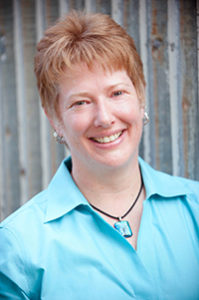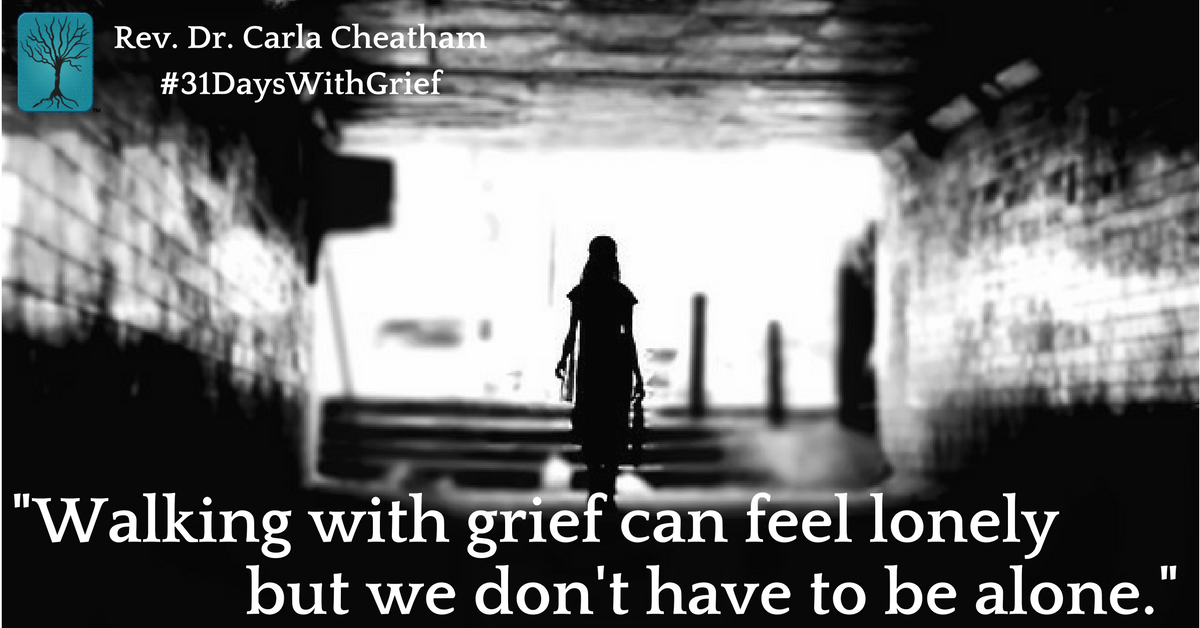31 Days of Walking with Grief: Others’ and Our Own
Day 3—Sharing the Journey
This is a month-long series to support persons grieving and those who love them. It includes content from “Sharing Our Stories: A Hospice Whispers Grief Support Workbook” available through Amazon and wherever books are sold.
Vulnerability is not my strong-suit. Given what I do and have done for a living as a therapist, pastor, chaplain, and grief counselor, reciprocal relationships aren’t a natural part of my day. My job is to be there for others, not have others be there for me. Sharing my journey of pain with others in my personal life has not always come easily.
What can be easy is to hide behind our roles and use them to avoid making ourselves vulnerable to others, which we fear places us at risk of being let down, judged, misunderstood, or perceived as weak. That may be true, if we’ve not yet learned how to choose persons whom it is truly safe to trust. I’ll write more about finding such safe spaces in the next post.
We may even be concerned that once we do let ourselves lean on another, we’ll fall apart and not be able to pull ourselves back together. That’s rarely the case; it’s just territory we’ve not explored before, so it’s scarier in the beginning to speak up and step out, especially when we already feel raw and exposed with only minimal resources guarding our frazzled emotions.
But we cannot give what we do not have. Teaching what we do not practice is only manageable for so long. Besides, folks can smell a fraud a mile away, and we don’t want to fall into the trap of “do as I say, not as I do” or of believing the rules don’t apply to us; that we’re somehow above them and others.
We also must consider what messages we’re teaching our children about grief. Are we modeling for them that it’s healthy to ask for help, or sending them the message that the stiff-upper lip, I mentioned in Day 1 of this series, is the way to grieve?
For many, sharing their story helps them integrate and even re-story their experience as they find meaning and come to terms with it all. Others find that being able to support others in a group, just by listening, lets them feel still useful, and even gives some tiny bit of meaning to their own pain—that it can be used to help others feel less alone.
One of the most consistent struggles I hear from those grieving is the isolation of it all. We have joined a club to which no one wants to belong, and few are willing to visit. Walking with grief can feel lonely, but we don’t have to be alone.
What’s holding you back from accessing the support you deserve?
Hospices, faith communities, and grief counseling centers regularly offer grief support groups or have lists of places in the community that are offering them. On-line forums and private Facebook groups can be a safe space to first dip one’s toe into the water. Blogs written by those who’ve faced similar grief and loss (death of a child, death of a loved one by suicide, death of a spouse, etc.) can also be found to let us know we are not crazy and we are not alone.
I hesitate to offer a list of resources because what works for one person may not work for another, and groups and resources can change all the time. But I’ve started a list of books, articles, blogs, and websites I’ve come to trust, which you can access through my hospice whispers website.
I’ll be adding to that page with even more resources over time and I welcome your suggestions.
Whatever works for you, I encourage you to find something, some place to get support, some place to share your pain, somewhere that you won’t have to be alone with your grief. Do it for yourself. Do it for those whose stories also need to be shared. Do it to honor the memory of the one who did not want to leave you alone. But please, do it.
I’m glad you’re with me on the journey, and I hope you’ll continue to share it.
Peace,
Carla
 Rev. Carla Cheatham, MA, MDiv, PhD, TRT has served hospices as a chaplain and bereavement coordinator. She’s the Section Leader for the Spiritual Caregivers Section of the National Hospice and Palliative Care Organization and an adjunct professor at the Seminary of the Southwest. Through her Carla Cheatham Consulting Group, Carla provides training and consulting for professional caregivers nationwide. She is the author of Hospice Whispers: Stories of Life and its companion volume, Sharing Our Stories: A Hospice Whispers Grief Support Workbook. Her next book, On Showing Up with Suffering: Others’ and Our Own, is set to publish in 2017.
Rev. Carla Cheatham, MA, MDiv, PhD, TRT has served hospices as a chaplain and bereavement coordinator. She’s the Section Leader for the Spiritual Caregivers Section of the National Hospice and Palliative Care Organization and an adjunct professor at the Seminary of the Southwest. Through her Carla Cheatham Consulting Group, Carla provides training and consulting for professional caregivers nationwide. She is the author of Hospice Whispers: Stories of Life and its companion volume, Sharing Our Stories: A Hospice Whispers Grief Support Workbook. Her next book, On Showing Up with Suffering: Others’ and Our Own, is set to publish in 2017.



Leave a Reply